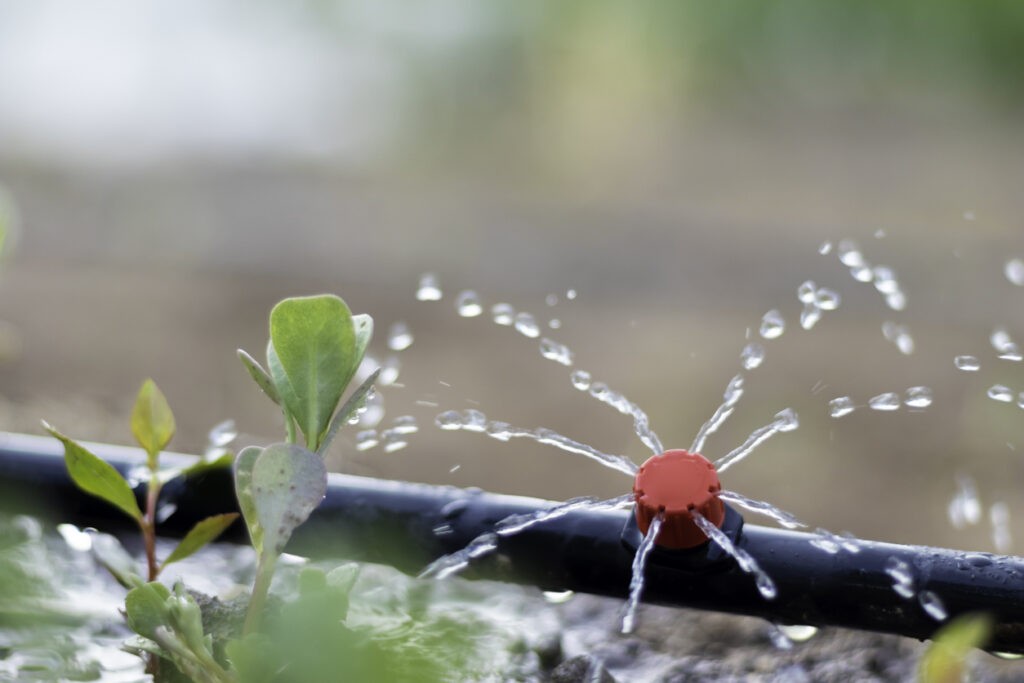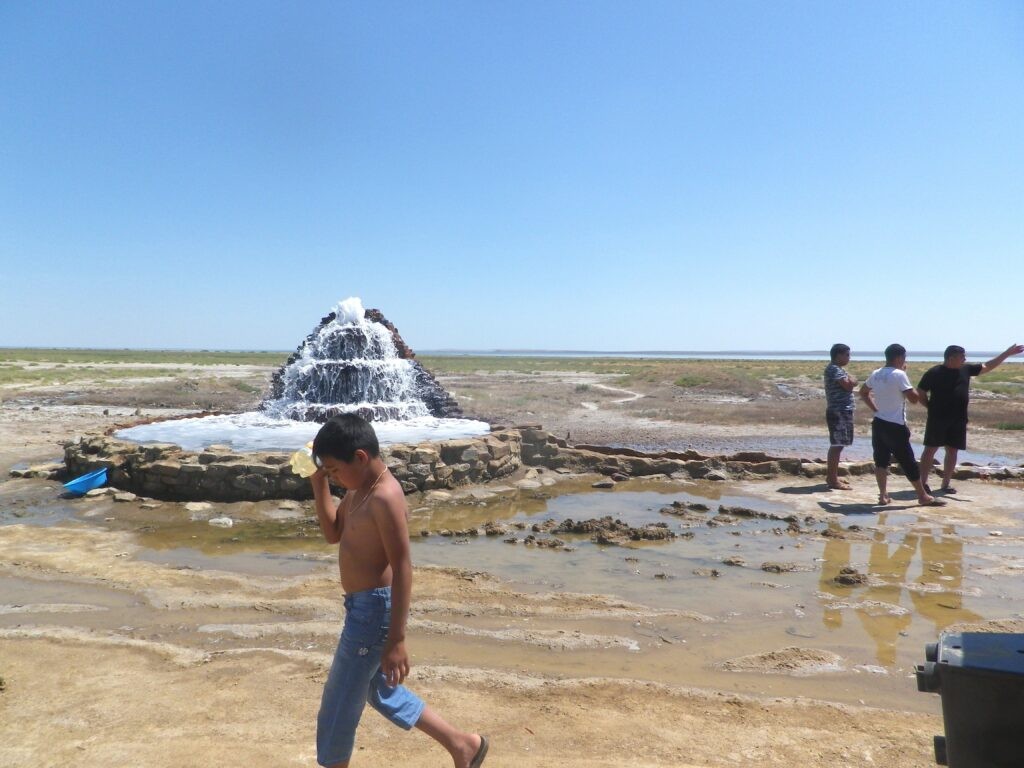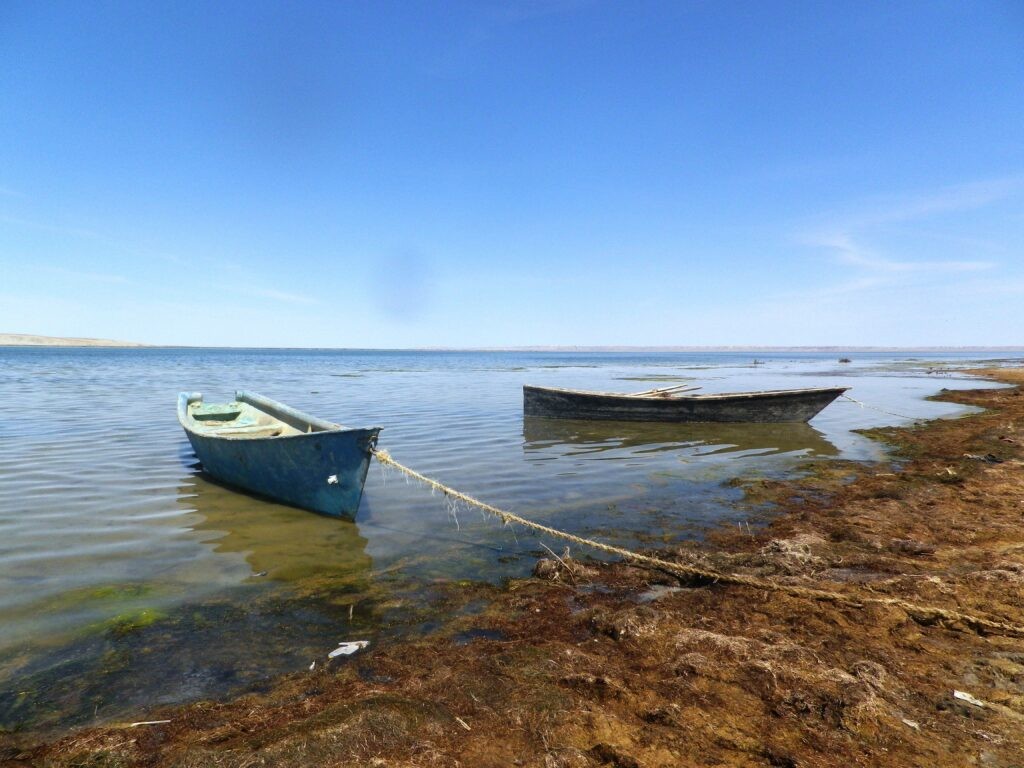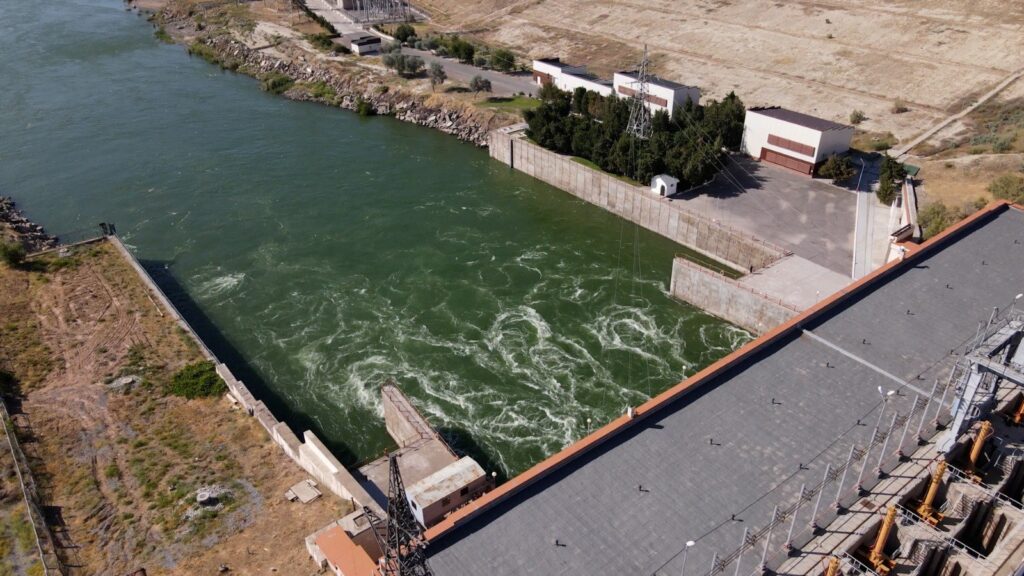Kazakhstan Boosts Subsidies for Farmers Using Water-Saving Technologies
Kazakhstan’s Ministry of Water Resources and Irrigation has announced an increase in state subsidies for farmers employing water-saving technologies, raising support to 85% for irrigation water costs. This move aims to encourage the widespread adoption of modern water-saving methods, which are expected to reduce water consumption and expand agricultural land. Berikbol Mandibayev, Director of the Ministry’s Department for the Development of Water-Saving Technologies, highlighted the initiative’s potential impact. “The increased subsidies will motivate farmers to adopt modern water-saving technologies, saving 20–30% of irrigation water and enabling the expansion of the country’s agricultural land by 1.3 million hectares by 2030,” Mandibayev said. Subsidies for the purchase and installation of water-saving systems were also raised this year, increasing from 50% to 80%. The Ministry has outlined a Roadmap for Water Conservation for 2024-2026, which includes measures to improve water legislation, digitalize the water sector, and implement advanced water metering and conservation technologies. Additionally, master plans for introducing water-saving systems through 2030 have been approved. Kazakhstan’s agricultural land spans 23.3 million hectares, of which 1.9 million hectares are irrigated, primarily in the country’s arid southern regions. However, the adoption of water-saving technologies remains limited. In 2023, only 17% of irrigated land (312,000 hectares) utilized such technologies, with drip irrigation employed on just 84,000 hectares. President Kassym-Jomart Tokayev has criticized the slow pace of progress in adopting water-saving practices, citing annual water losses of up to 40% in some regions. The agricultural sector’s inefficiency prompted calls for urgent reforms earlier this year.






